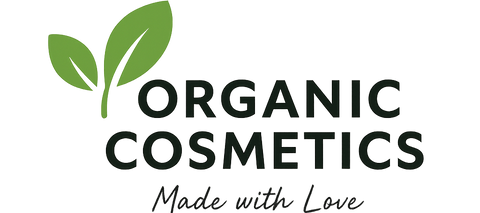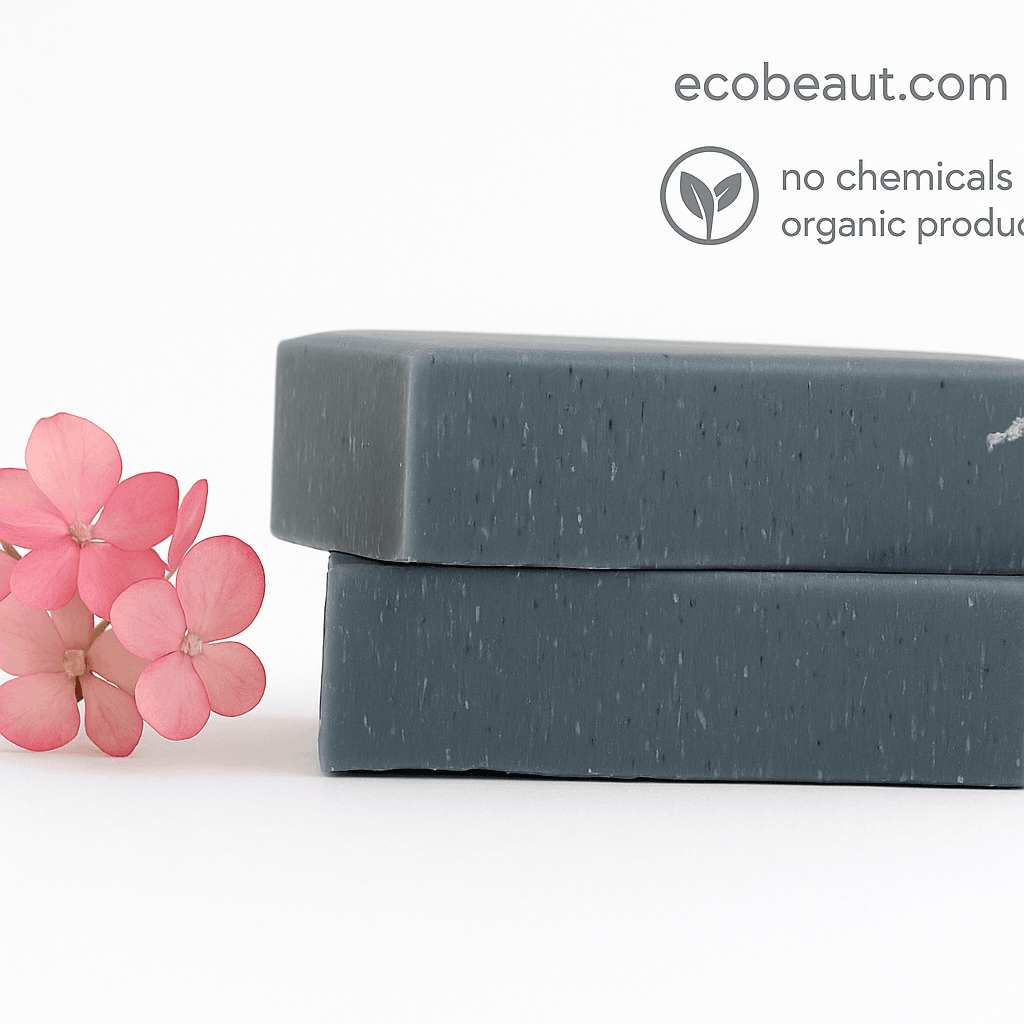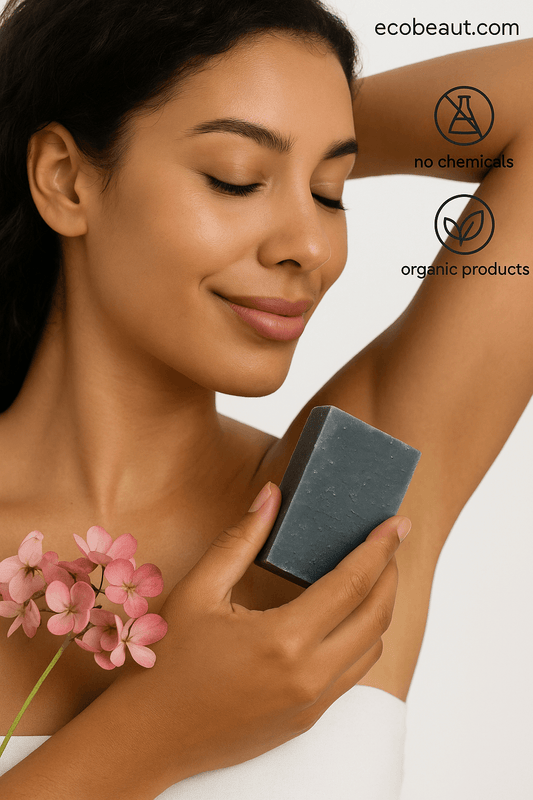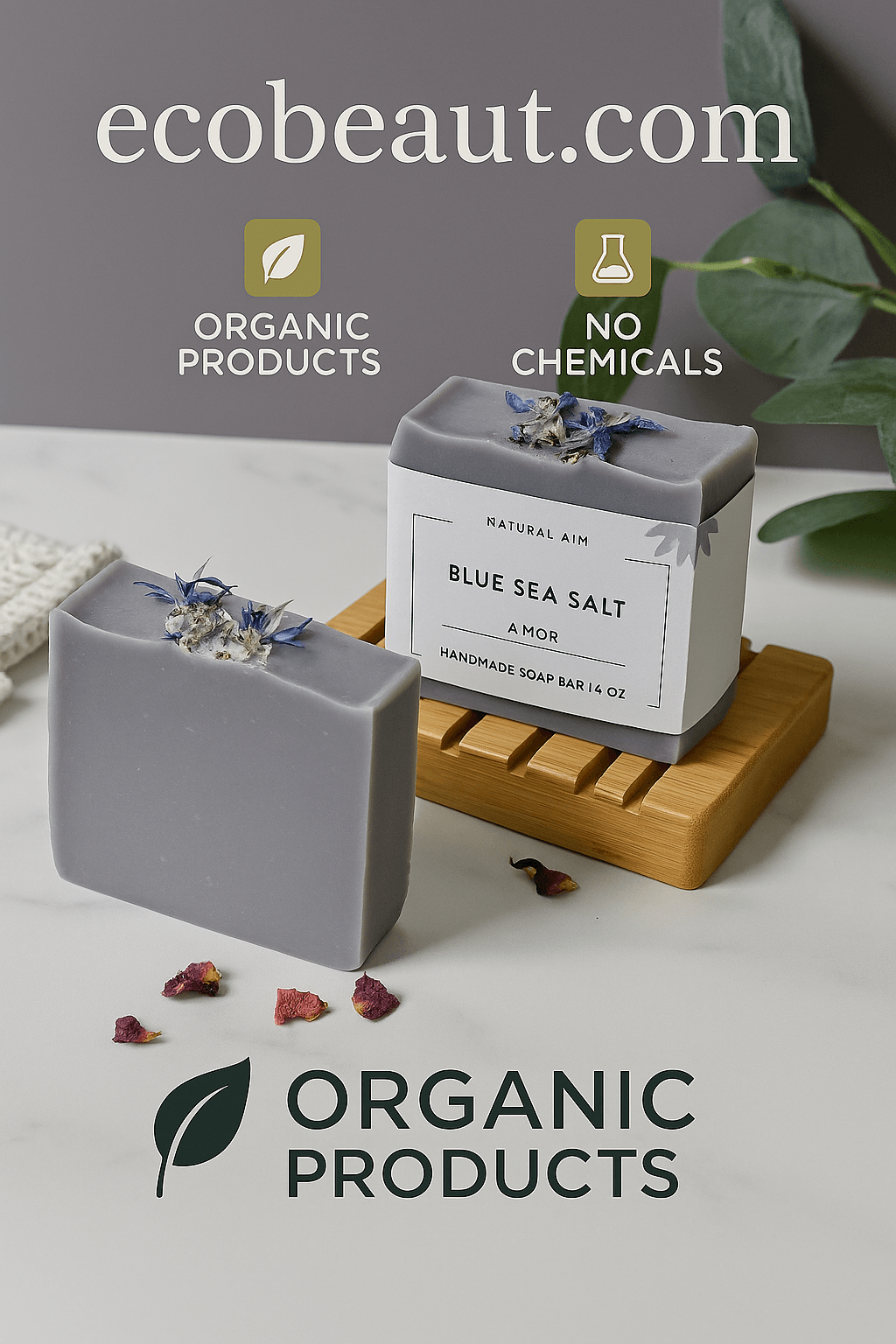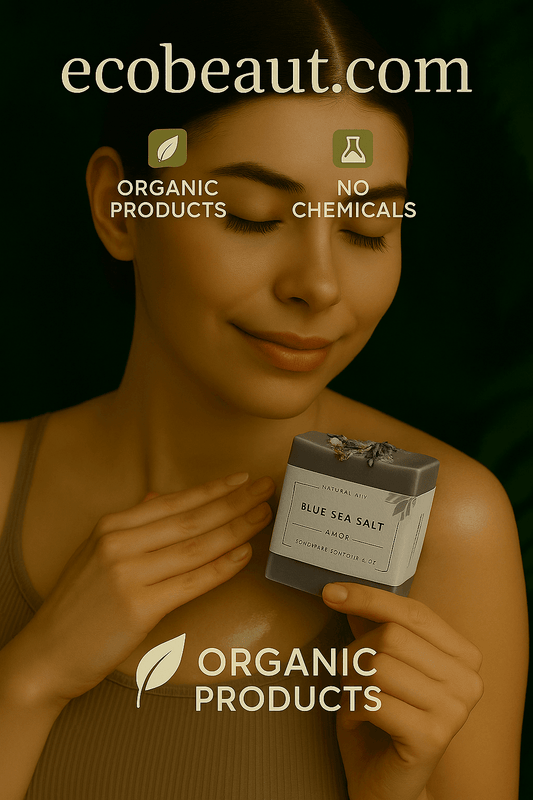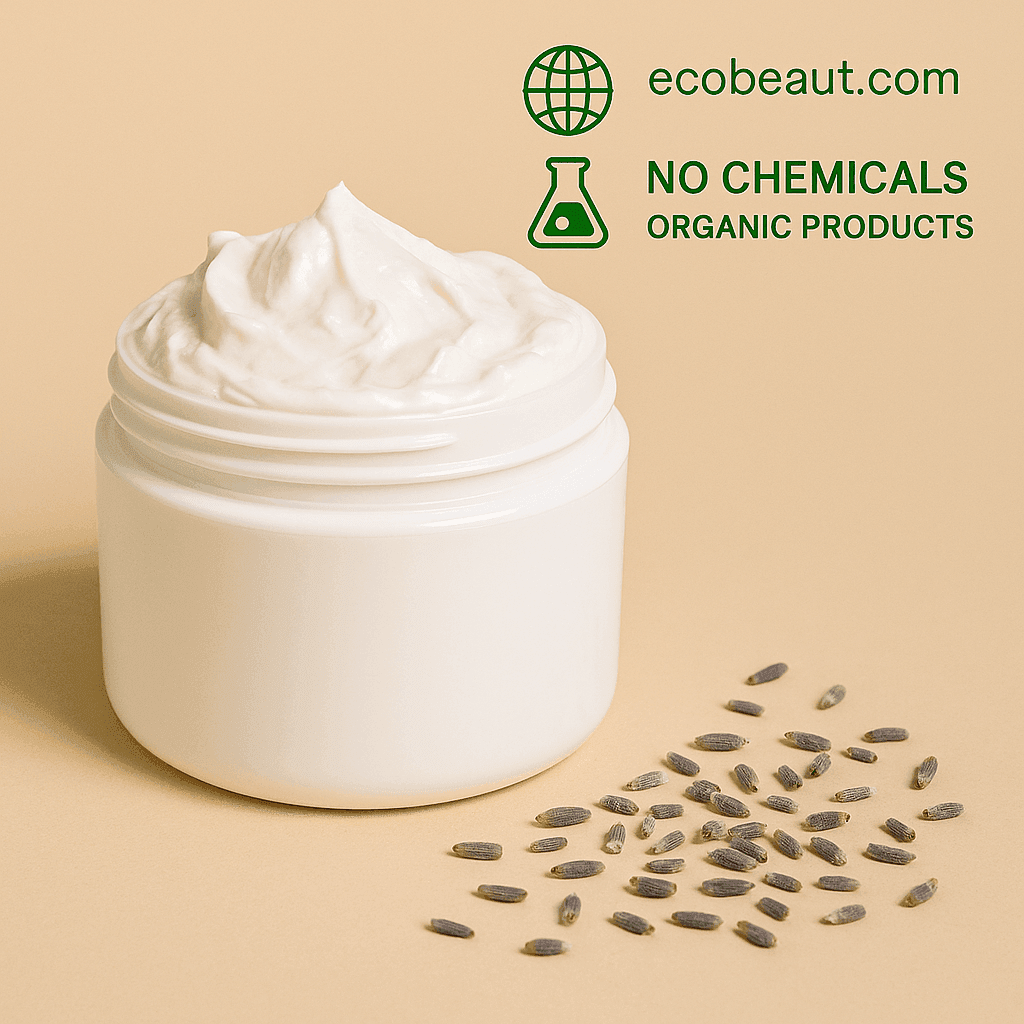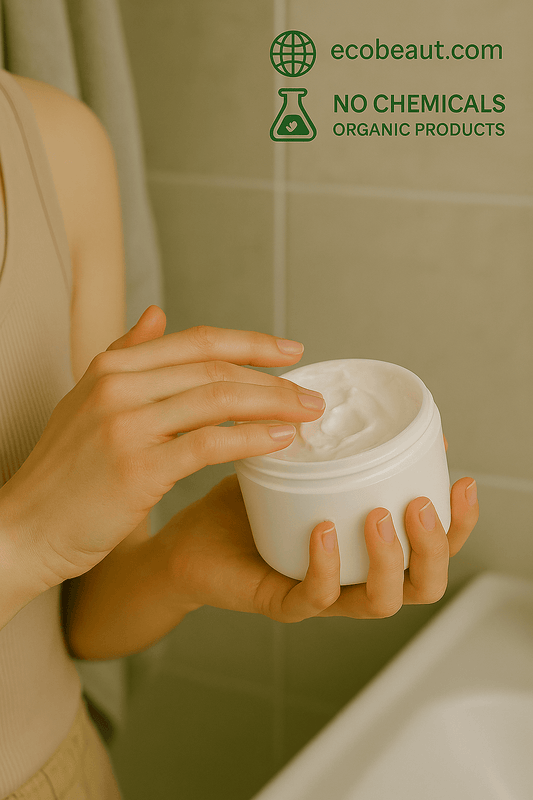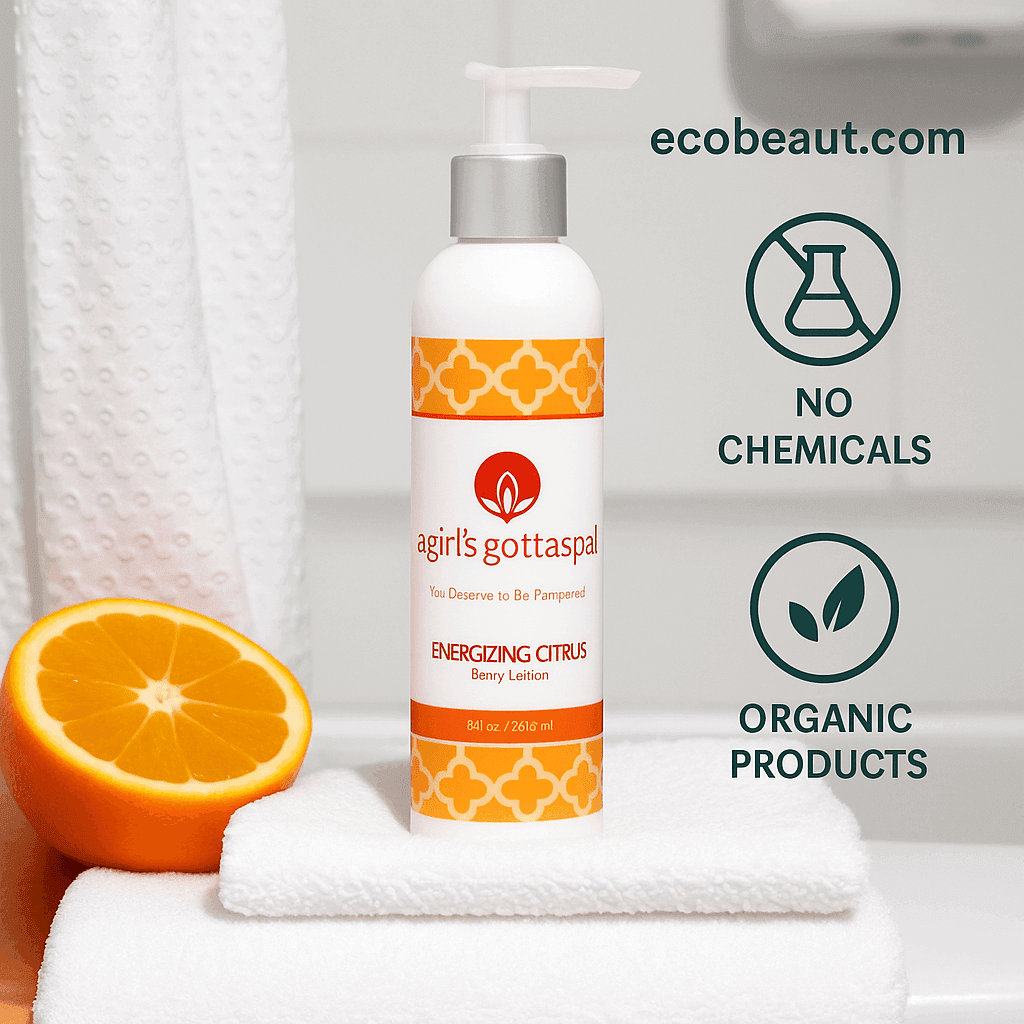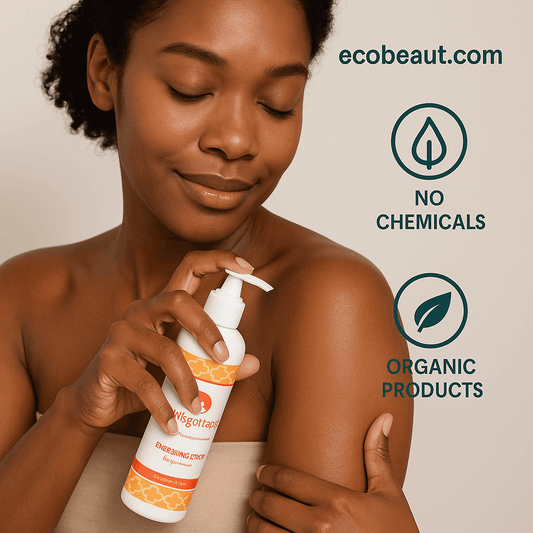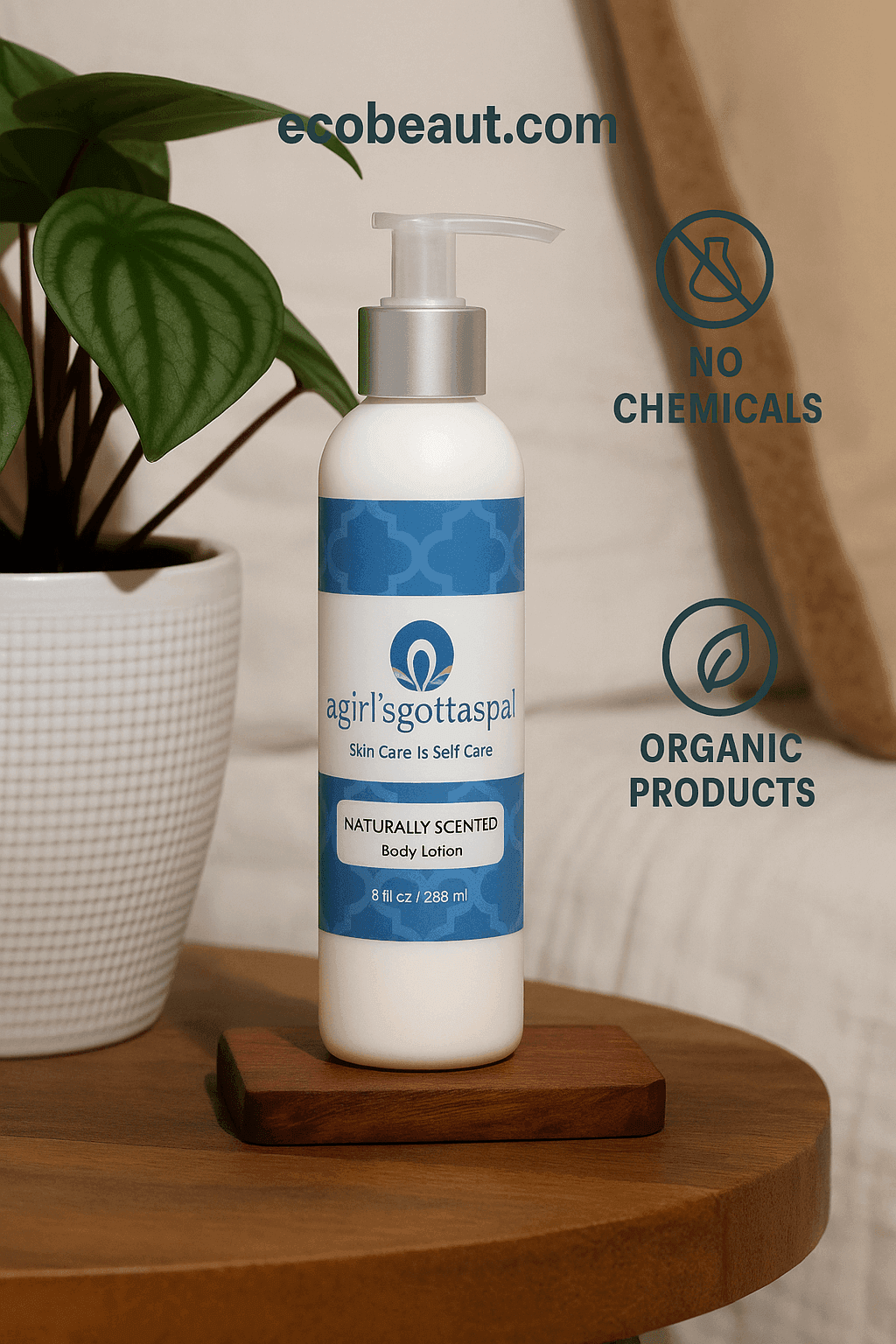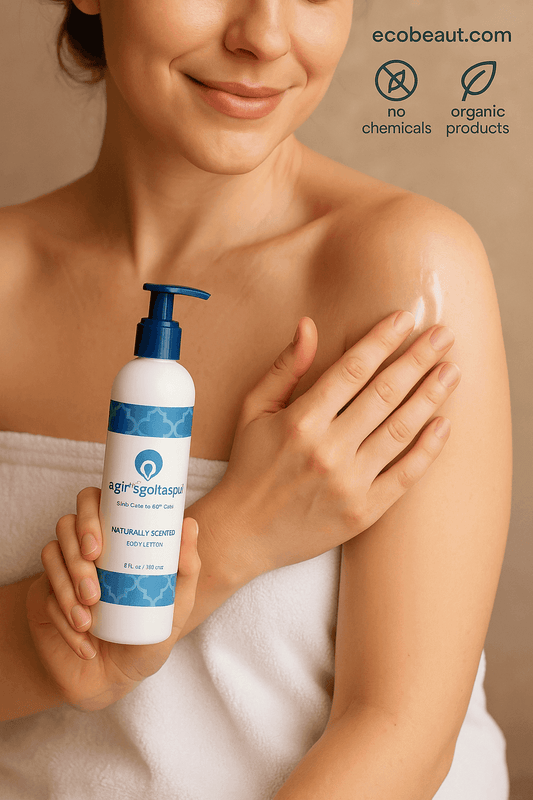In recent years, the intersection of sustainability and self-care has gained prominence as individuals become more aware of the environmental impact of their purchasing choices. One of the growing trends in this area is the shift toward organic personal care products. These products not only prioritize natural, non-toxic ingredients, but also play a critical role in reducing plastic waste - a major contributor to environmental degradation. In this article, we explore the connection between organic personal care and sustainable living, and how consumers, businesses, and the industry as a whole can reduce plastic waste through mindful choices and practices.
The plastic problem in the personal care industry
The personal care industry, which includes cosmetics, skin care and body care products, generates an alarming amount of plastic waste. The Ellen MacArthur Foundation estimates that the beauty and personal care sector contributes approximately 120 billion pieces of packaging annually, most of which ends up in landfills or the ocean. Plastic shampoo bottles, lotion containers, and disposable razors are just a few examples of the waste generated by this industry.
Unfortunately, only 9% of all plastic ever produced is recycled, and much of what ends up in recycling bins is unsuitable for reuse due to contamination or inferior materials. This problem is exacerbated by the fact that personal care products often come in multi-material packaging (plastic combined with foil or paper), making them difficult to recycle efficiently.
Organic personal care as a sustainable alternative
Organic personal care offers a potential solution to the plastic waste crisis by shifting both ingredients and packaging to more environmentally friendly alternatives. Organic personal care products are made with natural, sustainably sourced ingredients - avoiding synthetic chemicals that harm both consumers and ecosystems. In addition to their focus on ingredients, many organic brands also aim to address the issue of plastic waste through innovative packaging strategies.
Packaging Innovation in Organic Personal Care
One of the most important contributions organic personal care brands are making to sustainability is their commitment to eco-conscious packaging. Many companies now offer products in biodegradable, compostable or reusable containers to eliminate or reduce the use of plastic. Some notable innovations include
- Solid Bars: Shampoo, conditioner and soap bars eliminate the need for plastic bottles, significantly reducing waste. These products are often packaged in compostable paper or reusable cans.
- Refill Systems: Some brands offer in-store refill stations or refill pouches made from biodegradable materials, minimizing the need for new packaging with each purchase.
- Glass or metal containers: Products such as lotions and creams are increasingly sold in glass jars or aluminum cans, which are easier to reuse or recycle than plastic.
- Plant-based packaging: A growing number of companies are developing packaging made from bioplastics derived from sugar cane, corn starch, or other renewable sources that degrade faster than petroleum-based plastics.
These alternatives offer a tangible way to reduce the amount of plastic waste generated by personal care products, while inspiring other industries to follow suit.
Consumer Behavior and Conscious Purchasing
While companies are taking steps toward sustainability, consumer behavior plays an equally important role in reducing plastic waste. A shift in purchasing habits toward organic personal care products reflects a growing awareness of the environmental impact of everyday choices. Conscious consumers are now actively seeking brands that align with their values, including zero waste initiatives and plastic-free packaging.
To make a meaningful contribution, consumers can
- Choose products with minimal packaging or opt for package-free alternatives.
- Support refill programs or buy in bulk to minimize waste.
- Repurpose or recycle containers when possible to promote a circular economy.
- Advocate for policies that promote extended producer responsibility (EPR) and ensure that companies take responsibility for the waste their products generate.
This growing consumer awareness has encouraged many companies to innovate in their packaging designs and supply chains to meet the growing demand for sustainable personal care options.
The Rise of the Zero Waste and Plastic-Free Movements
Organic personal care products are closely associated with the zero waste lifestyle movement, which emphasizes minimizing waste and diverting as much material as possible from landfills. Plastic-free advocates encourage consumers to replace disposable products with long-lasting, reusable items, many of which are offered by organic personal care brands.
For example, switching from a plastic shower gel bottle to an organic soap bar wrapped in compostable material not only reduces plastic consumption, but also aligns with zero waste principles. Similarly, organic body oils in glass bottles, reusable safety razors and bamboo toothbrushes help reduce single-use plastics.
Challenges in the transition to sustainable packaging
While organic personal care offers numerous benefits for reducing plastic waste, there are challenges that companies and consumers must overcome in the transition to sustainability. Some of the key barriers include
- Higher cost: Sustainable materials such as glass, metal and plant-based plastics can be more expensive than traditional plastics. This cost is often passed on to consumers, making organic personal care products less accessible to some.
- Limited infrastructure for recycling and refilling: Not all communities have adequate facilities for recycling glass or biodegradable packaging, and refilling stations may not be readily available everywhere.
- Regulatory and Certification Issues: Defining and regulating what qualifies as "organic" or "sustainable" packaging can be complex. Some companies engage in greenwashing, misleading consumers by exaggerating their environmental credentials.
Despite these challenges, the industry is evolving as innovative technologies and collaborative initiatives emerge. Governments are also introducing stricter regulations on plastic waste, including bans on single-use plastics and incentives for sustainable business practices, further supporting the transition.
Success stories and leading brands
Several companies have successfully integrated organic personal care with sustainable packaging to reduce plastic waste. Notable examples include
- Lush Cosmetics: Known for its "naked" products, Lush offers a wide range of personal care products - such as solid shampoo bars and package-free soaps - that require no plastic containers.
- Ethique: This New Zealand-based brand produces 100% plastic-free shampoos, conditioners, and skincare products, all packaged in compostable cardboard.
- Plaine Products: Specializing in refillable products, Plaine offers shampoos and lotions in aluminum bottles, with a return and refill system that encourages customers to reuse packaging.
These brands are not only setting an example for the personal care industry, but also demonstrating that sustainable alternatives can be profitable and popular with consumers.
The future of organic personal care and sustainability
Looking ahead, the organic personal care movement has the potential to play a significant role in reducing global plastic waste. As consumer demand for sustainable products continues to grow, more companies will feel compelled to adopt environmentally friendly practices. Advances in biodegradable materials and recycled packaging systems will further facilitate the transition to a zero-waste future.
In addition, collaboration between governments, businesses and consumers will be essential to create systemic change. Policy interventions, such as bans on single-use plastics and incentives for the use of recycled materials, can accelerate the adoption of sustainable packaging. Educational campaigns promoting organic personal care products and their environmental benefits will also raise awareness and encourage wider adoption.
Conclusion
Organic personal care plays a vital role in addressing the plastic waste crisis by offering environmentally friendly alternatives to conventional products. By using natural ingredients and innovative packaging, organic brands can significantly reduce their environmental footprint while promoting healthier lifestyles for consumers. Achieving meaningful change, however, requires the combined efforts of businesses, consumers and policymakers. By making conscious choices, supporting refillable and plastic-free options, and advocating for sustainable practices, individuals can contribute to a cleaner, greener future, one organic personal care product at a time.
